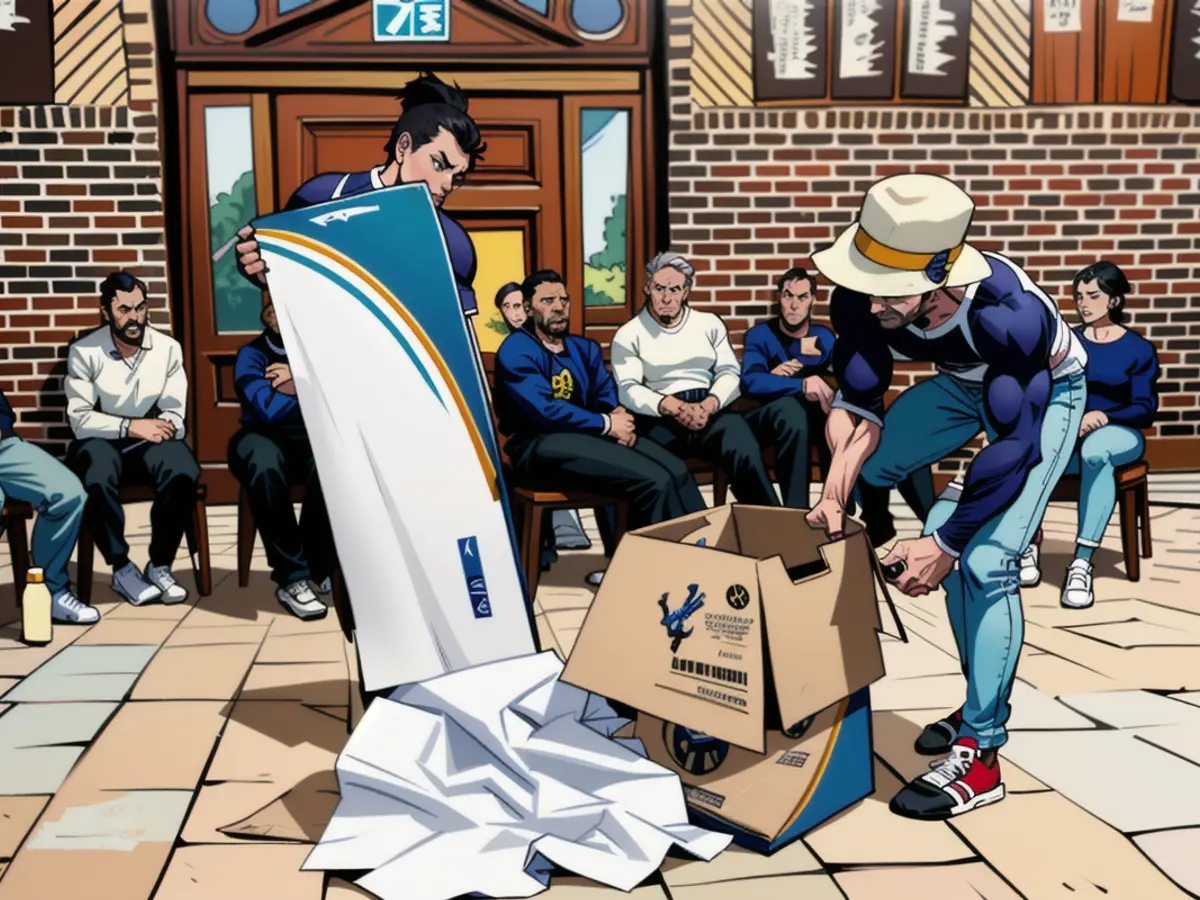South Africa's ANC party loses complete control.
The incumbent President Cyril Ramaphosa's ANC now needs to work towards forming a coalition government. Fikile Mbalula, ANC's Secretary-General, previously mentioned that they'll engage in conversations with other parties for such a government setup. Their goal is to create a government that accurately represents the people's wishes, is stable, and can efficiently manage the nation.
There's a chance that the ANC could form a minority government. June sees Chinese-African nation's second-largest industrial country electing its next president. Ramaphosa aims to secure a second term in office.
Recent surveys foretold the loss of an absolute majority for the ANC, which some believe is due to plummeting trust from citizens for several years. Mandela's party has faced backlash due to numerous corruption scandals within its leadership, high unemployment rates, a weakening economy, high crime incidents, and constant energy blackouts, pushing many South Africans away.
The election on Wednesday asked nearly 27.6 million registered voters in Cape Town to determine the makeup of the 400-seat parliament. Only 58.6% of eligible voters cast their ballots, lower than the 66% in 2019.
Read also:
The majority of seats in the South African Parliament went to parties other than the ANC following the parliamentary election. Despite losing their majority, President Cyril Ramaphosa aims to secure a second term in office. The final result showed that the Democratic Alliance gained significant support, suggesting a potential coalition with the ANC. The plummeting trust from citizens towards the ANC due to corruption scandals, high unemployment rates, a weakening economy, high crime incidents, and energy blackouts led to their loss of an absolute majority in the election. The final result: the ANC won less than half of the 400 parliamentary seats, which necessitates forming a coalition government.







